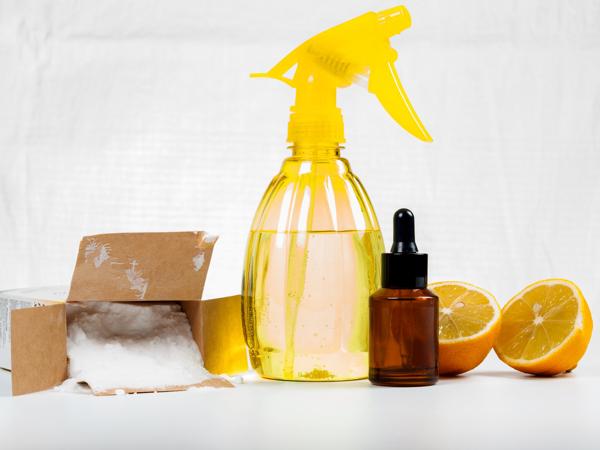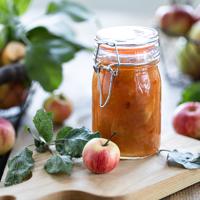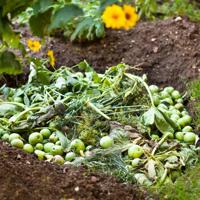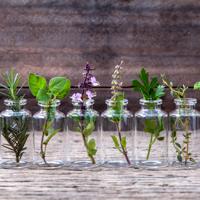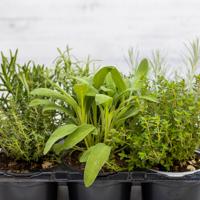Welcome to Bistrogarden’s guide on crafting your very own insecticidal soaps and sprays! As avid sustainable gardeners, we know the frustration of having pests munch on your hard-grown herbs and veggies. Let’s dive into some gentle yet effective ways to manage garden pests using ingredients you likely have around the house. Remember, these are just some helpful suggestions and may not work for every situation.
Why Use Homemade Insecticidal Soaps and Sprays?
Homemade insecticidal soaps and sprays are often less harmful to the environment than commercial pesticides. They can also be simpler and more cost-effective. Plus, you have complete control over what goes into them, meaning fewer harsh chemicals near your home and garden.
Understanding Insecticidal Soaps
Insecticidal soap works by penetrating the outer layer of soft-bodied insects, effectively dehydrating them. Many pests like aphids, spider mites, and whiteflies can be managed with this approach. However, this method is generally not effective against hard-bodied insects, and beneficial insects may also be affected. So, use with care.
Basic Recipe
Here’s a basic recipe that you can try:
Ingredients:
- 1 tablespoon of pure liquid soap (like Castile)
- 1 quart of water
Instructions:
1. Mix the soap into the water thoroughly.
2. Pour the solution into a spray bottle.
3. Test on a small section of the plant to ensure it doesn’t harm the foliage.
4. Apply directly onto the insects, covering their bodies well.
Additional Tips
- Pure Soap: Ensure the soap used is free from additives like fragrance, bleach, and degreasers, which can harm plants.
- Test First: Always test a small portion of the plant before full application to avoid any damage.
- Timing: Apply in the early morning or late evening to avoid leaf burn from the midday sun.
Crafting Homemade Insecticidal Sprays
Beyond soap, you can use various kitchen ingredients to create effective, natural sprays.
Garlic Spray
Garlic has natural insect-repellent properties. This spray can help deter aphids and caterpillars, among others.
Ingredients:
- 1 bulb of garlic
- 2 cups of water
- 1 tablespoon of dish soap
Instructions:
1. Blend the garlic with water until finely crushed.
2. Let it sit overnight to enhance its potency.
3. Strain the mixture into a spray bottle.
4. Add dish soap and top up with water to make a quart.
Neem Oil Spray
Neem oil is another popular organic option known to disrupt the growth and reproduction of certain insects.
Ingredients:
- 2 teaspoons of neem oil
- 1 teaspoon of liquid soap
- 1 quart of water
Instructions:
1. Mix soap and neem oil into the water.
2. Pour into a spray bottle.
3. Shake well before each use and apply every 7-14 days.
Enhancing Effects with Companion Planting
Using beneficial plants can naturally boost pest management. For example, planting marigolds may help repel nematodes, while basil can deter flies and mosquitoes. Explore various plant combinations to reduce pest pressures further.
Important Considerations
- Safety First: Wear gloves and protective gear when mixing and spraying, as some ingredients might be irritants.
- Application Frequency: Over-application can harm plants. Use sparingly and only as needed.
- Environmental Factors: Always consider weather conditions when applying sprays to avoid unintended effects on wildlife and beneficial insects.
References and Further Reading
- University of California Agriculture and Natural Resources on Pest Solutions
- Research on insecticidal soap effectiveness: M. L. Flint, “Insecticidal Soaps,” University of California, IPM.
Creating your own insecticidal soaps and sprays for a sustainable garden can be both a rewarding and educational process. Experiment with the suggested recipes and always pay attention to your garden’s unique needs. Happy gardening!
For further queries or sharing your experiences, feel free to reach out. We love learning from fellow gardeners.
